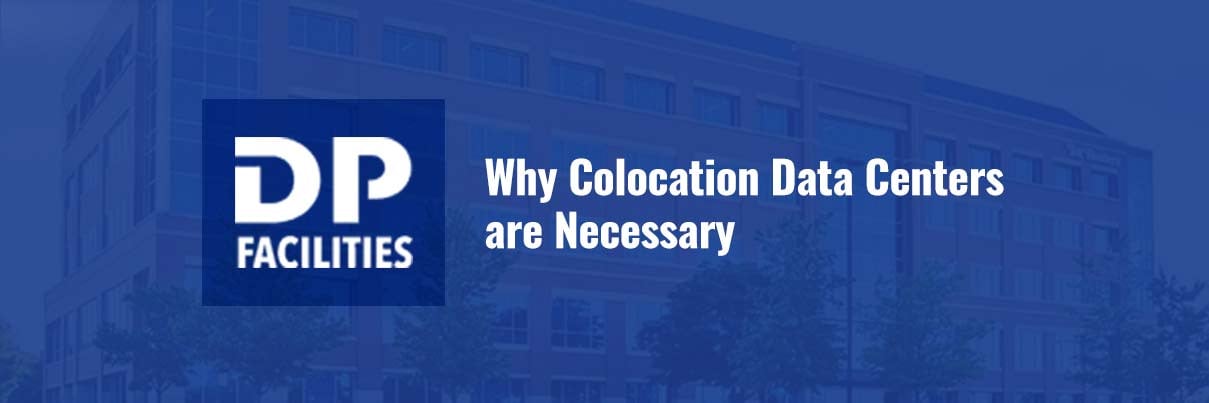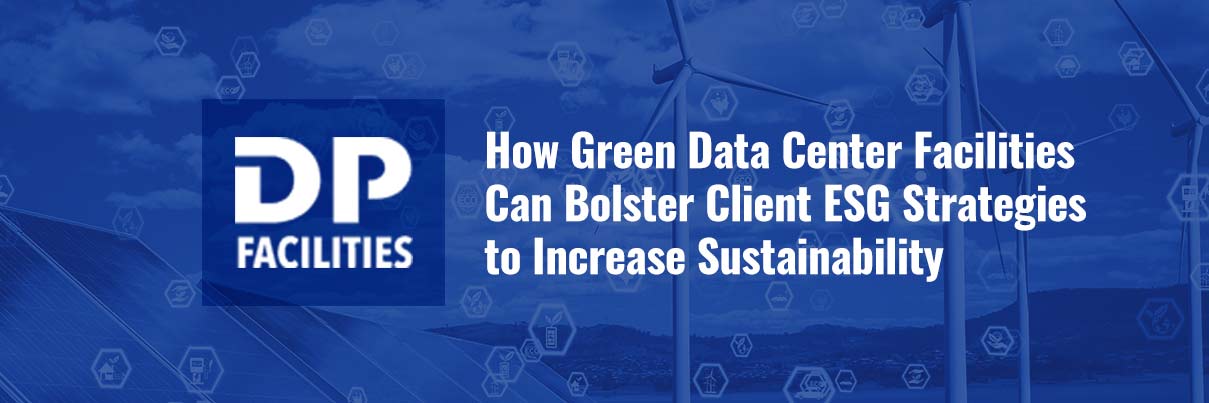
Enterprises and companies today have more options than ever when it comes to managing their business-critical data and applications. With an increasing number of online transactions crisscrossing the globe, digital file storage has become an everyday necessity. As technology continues to evolve, the question of how to best manage, transfer and store larger amounts of data in a more secure way, has many corporations turning to data center colocation services as a solution.
In fact, this increased need for secure, off-site storage is the catalyst for the modern data center. Traditionally, company data was stored in-house on massive servers in climate-controlled rooms within the organization’s headquarters or satellite operational office. With the emergence of cloud storage, many companies looked to eliminate in-house server rooms and transfer critical transactional data to off-site locations. Because of this, the demand for data storage and data center colocation is at an all-time high.
In addition, companies interested in a cloud computing solution are taking advantage of data center colocation services. Moving equipment to an off-site facility with increased capacity and performance helps support business needs and ensures a smooth transfer of systems.
Today’s data centers are transforming to meet new needs and are no longer just a collection of physical assets. Besides offering more space and dedicated power, modern data center locations provide access to strong connectivity hubs so that companies can deliver and receive their data between networks, businesses, and end-users.
Here are five additional benefits colocation data centers offer businesses:
Reduction in Overhead Operational Costs
Colocation allows a third party to host privately-owned servers and networking equipment in an off-site location. Many companies find that by collocating equipment through renting space is more economical that maintaining their own in-house servers. This, in great part, eliminates vast overhead and maintenance costs that server rooms and the human technical support associated with running such an infrastructure brings to a company’s P&L. And enterprises of all sizes can reap economic benefits from colocation data centers. Small businesses gain the operational presence of a large IT department without a large investment. Medium to large companies, on the other hand, can expand their storage capacity without incurring or having to provide upfront construction costs or facility leasing.
Sustainable Reliability
Colocation facilities offer server cooling systems, power and communication systems that ensure constant connection. Most safeguard from power outages because of the numerous data backups in place.
Increased Security
Data centers have stronger network security, including continual upgrades of the latest firewalls to detect and prevent system breaches. Even though data breaches and natural disasters are not completely unavoidable, critical equipment operating at an off-site data center, are able to take advantage of more security and backup systems that are in place, which most companies do not have in-house, to continue operations.
Better Connectivity and Redundancy
Data centers have fully redundant network connections to ensure business-critical applications always run uninterrupted. Using a combination of multiple power grids, generators, battery backup systems and excellent maintenance practices, colocation centers ensure they have power even when a company’s corporate headquarters doesn’t.
Scalability
One of the main benefits colocations offers companies and enterprises is the flexibility to scale up or down easily, while allowing them to finance only the space and bandwidth needed at a particular time aligning with their long-term business growth plan. Businesses can grow their networks without being required to purchase more equipment or building space. When a company grows, its IT infrastructure can expand to meet business needs quickly and with less investment.
Colocation just makes good business sense. It offers companies an alternative to not only housing data in-house, but the affordable option to store equipment in a secure facility with bandwidth, power, and IT infrastructure dependability. In the end, reliable performance, peace of mind, business continuity, digitalization, and cost savings are not only difficult to overlook, but should be the key drivers as to why colocation data centers are necessary for long-term business growth.


